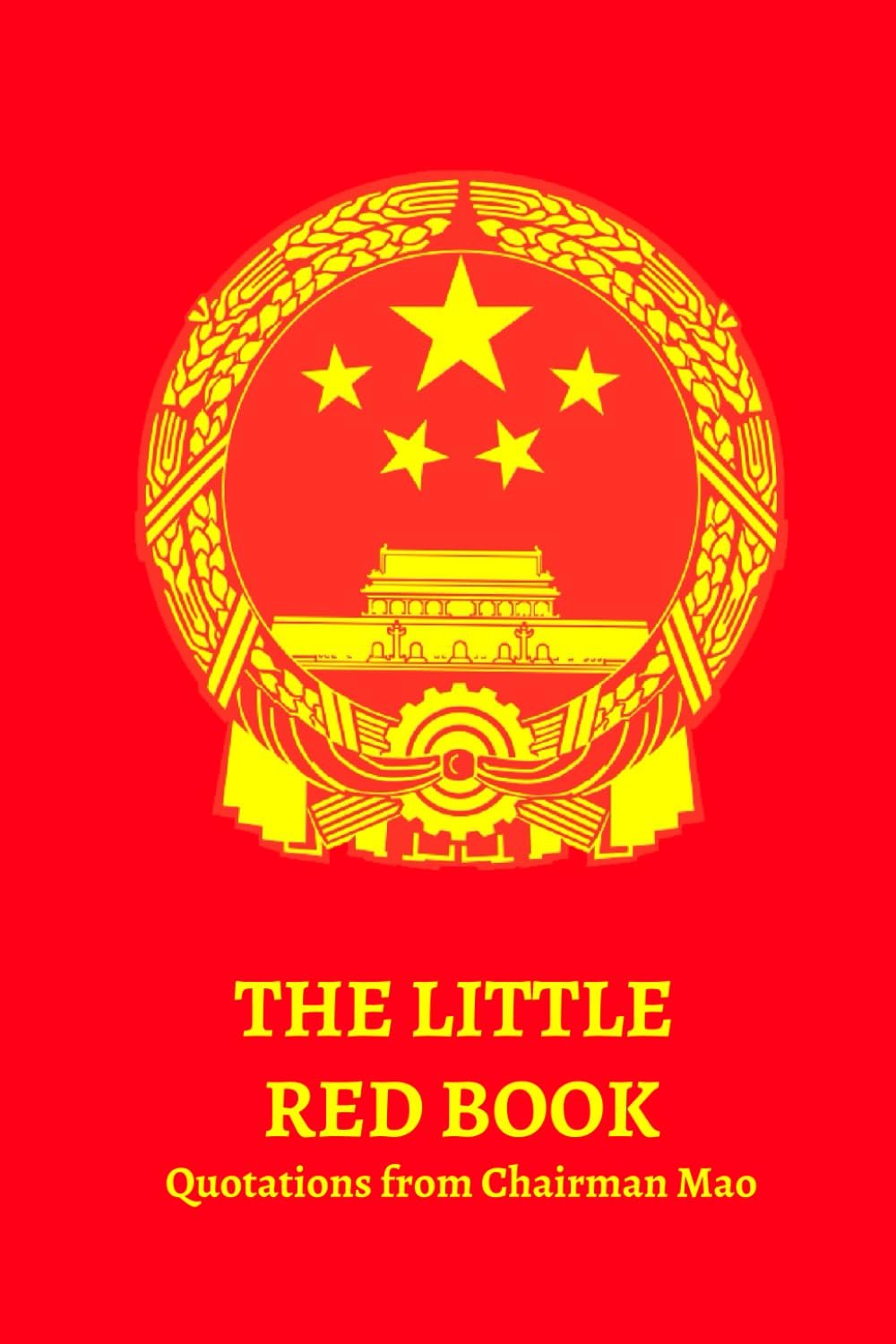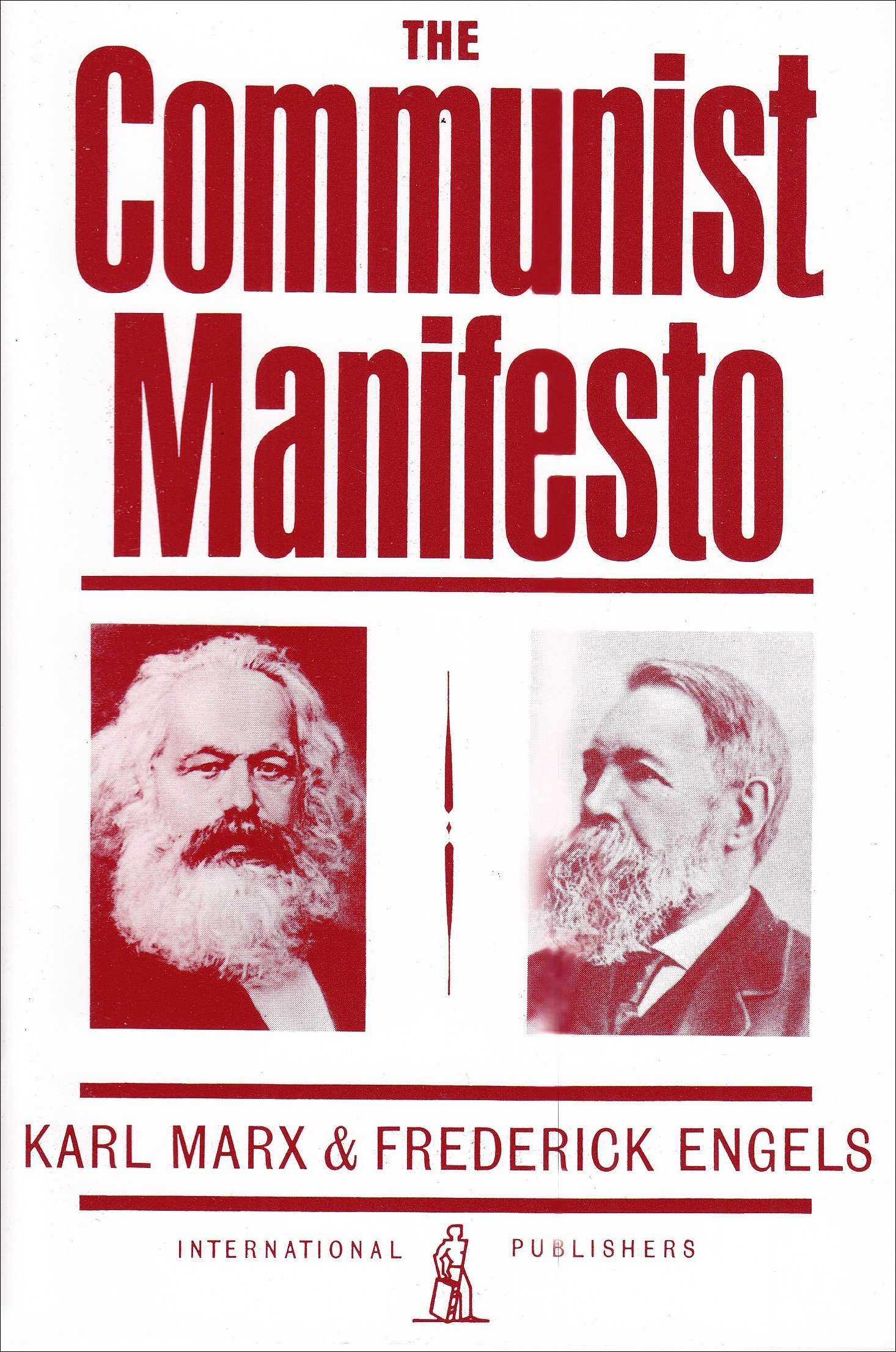 Image 1 of 1
Image 1 of 1


Imperialism, The Highest Stage of Capitalism by V.I. Lenin
Imperialism, the Highest Stage of Capitalism is a seminal work by V.I. Lenin that argues capitalism inevitably leads to imperialism as financial capital seeks new markets and resources. Published in 1916, the book critiques monopolistic practices and the economic underpinnings of colonialism, suggesting that imperialism is not merely a geopolitical strategy but an inherent consequence of capitalist development. Lenin identifies key features of imperialism, including the concentration of production and capital, the emergence of financial oligarchy, and the division of the world among capitalist powers. This analysis positions imperialism as both a vital stage in capitalist evolution and a catalyst for revolutionary change, drawing a direct line to the fate of working-class movements worldwide.
Print Length: 124 Pages
Imperialism, the Highest Stage of Capitalism is a seminal work by V.I. Lenin that argues capitalism inevitably leads to imperialism as financial capital seeks new markets and resources. Published in 1916, the book critiques monopolistic practices and the economic underpinnings of colonialism, suggesting that imperialism is not merely a geopolitical strategy but an inherent consequence of capitalist development. Lenin identifies key features of imperialism, including the concentration of production and capital, the emergence of financial oligarchy, and the division of the world among capitalist powers. This analysis positions imperialism as both a vital stage in capitalist evolution and a catalyst for revolutionary change, drawing a direct line to the fate of working-class movements worldwide.
Print Length: 124 Pages














